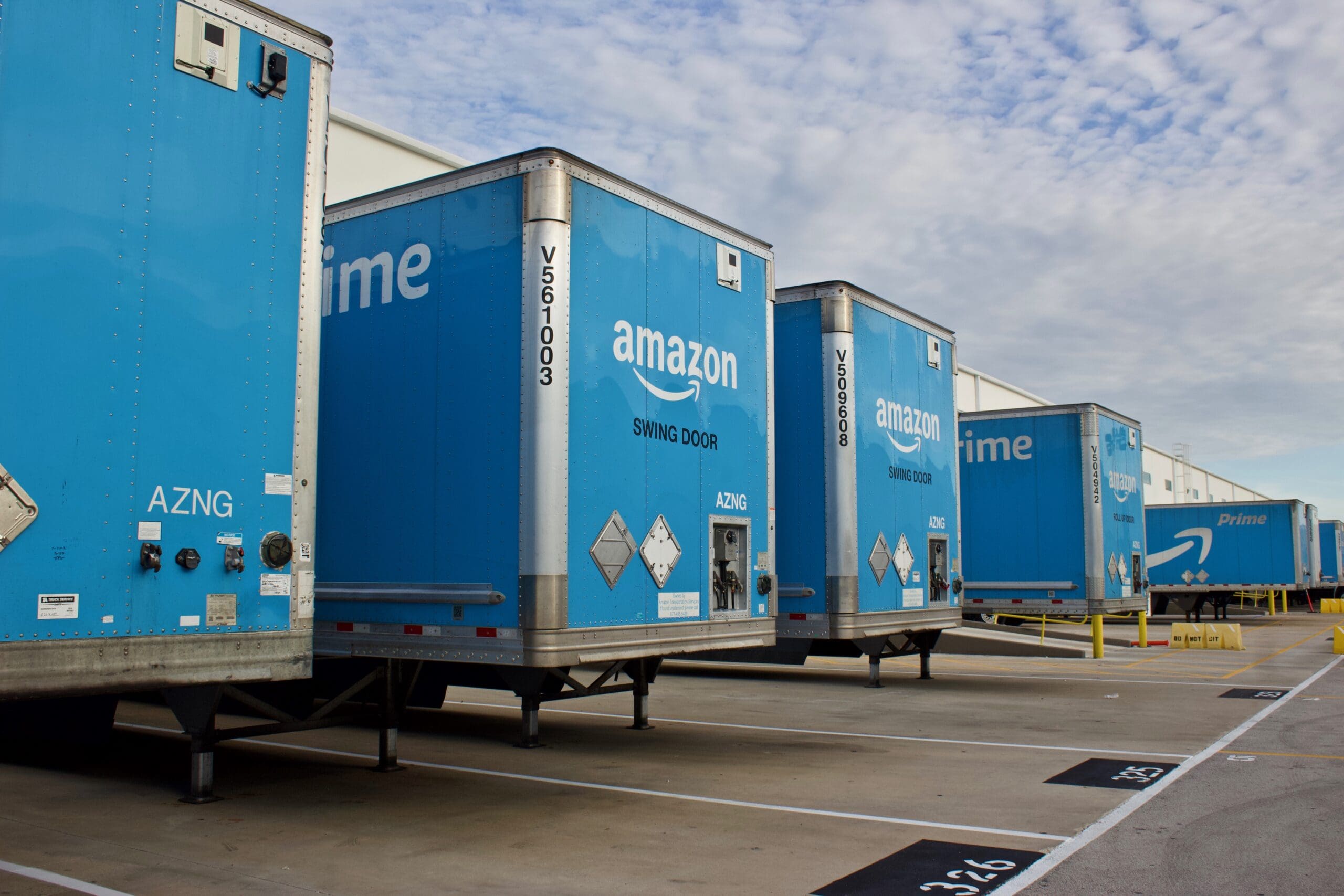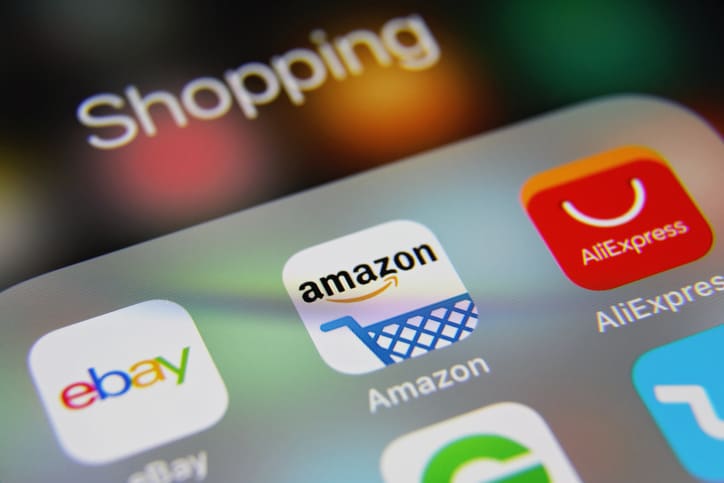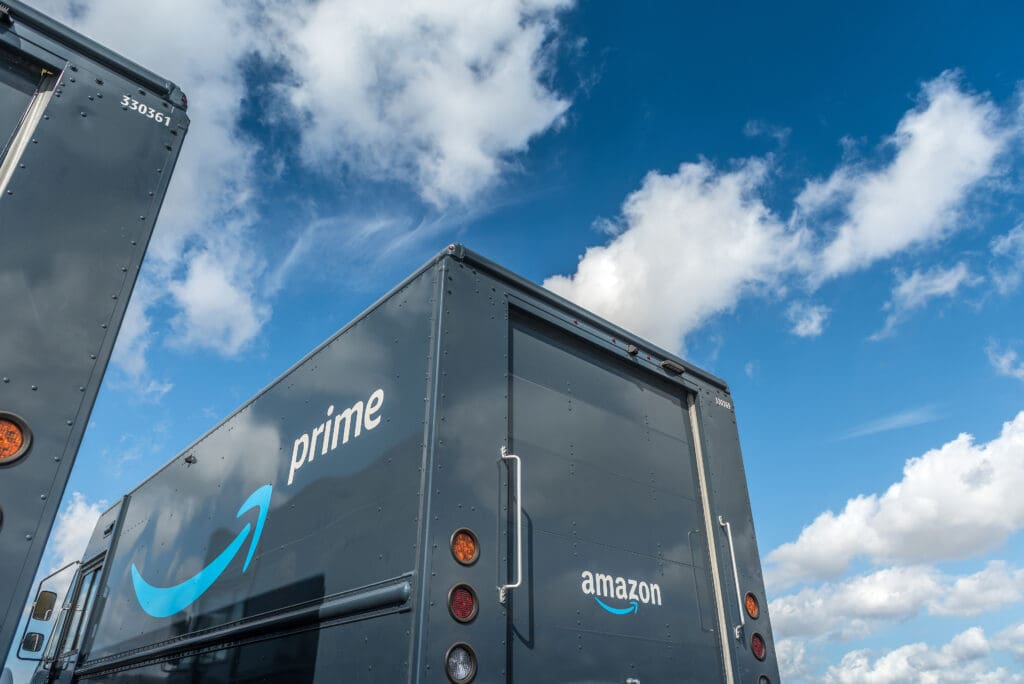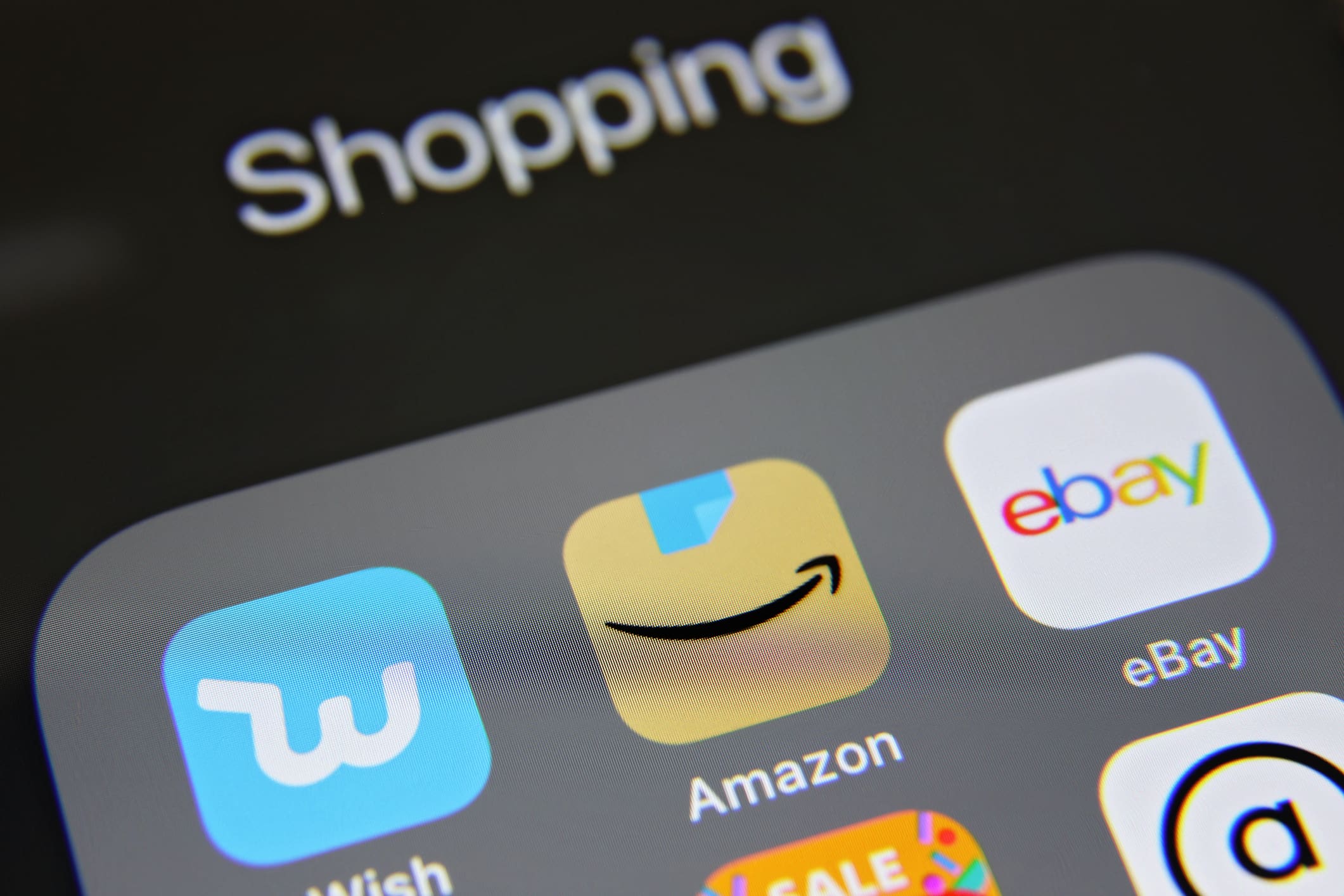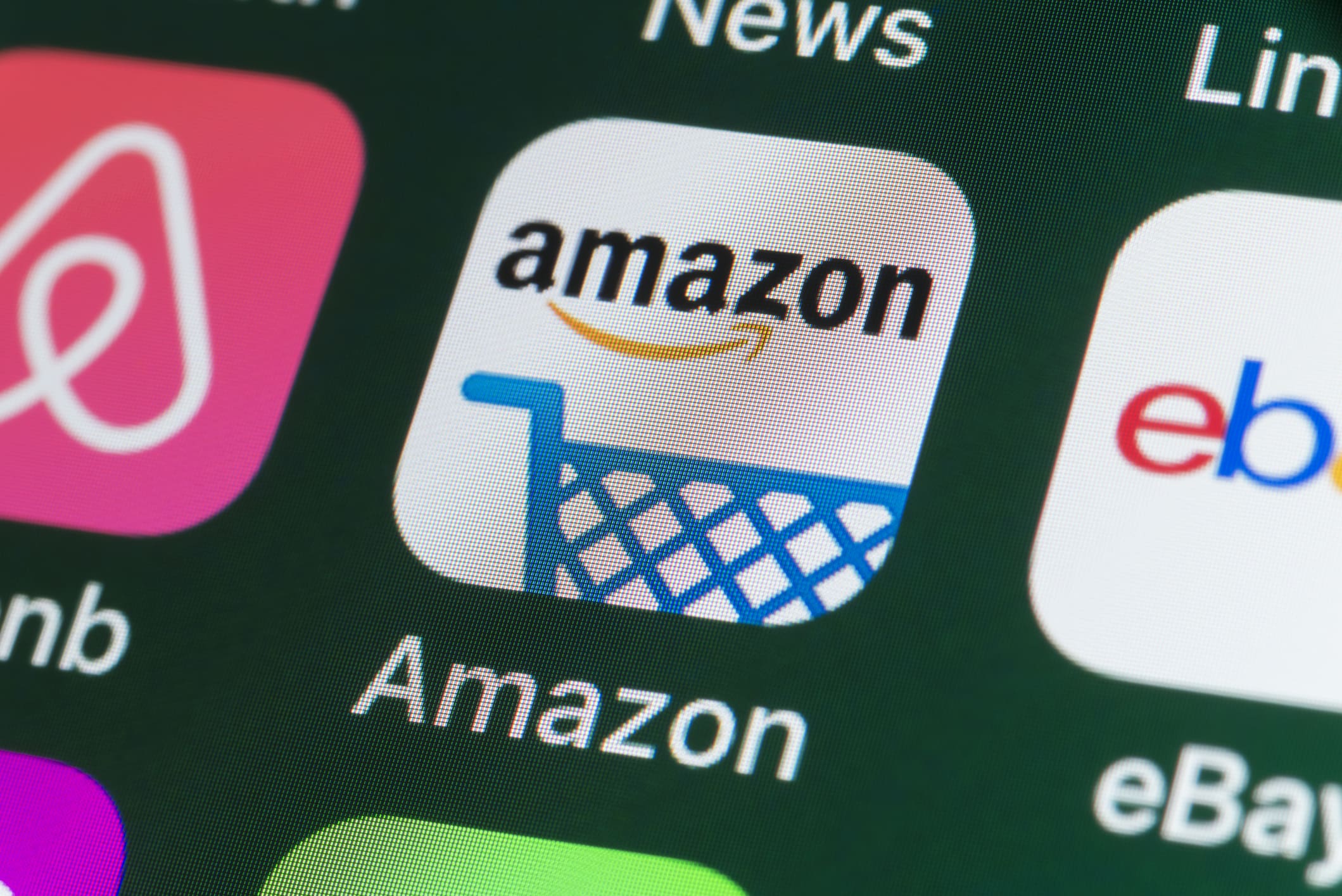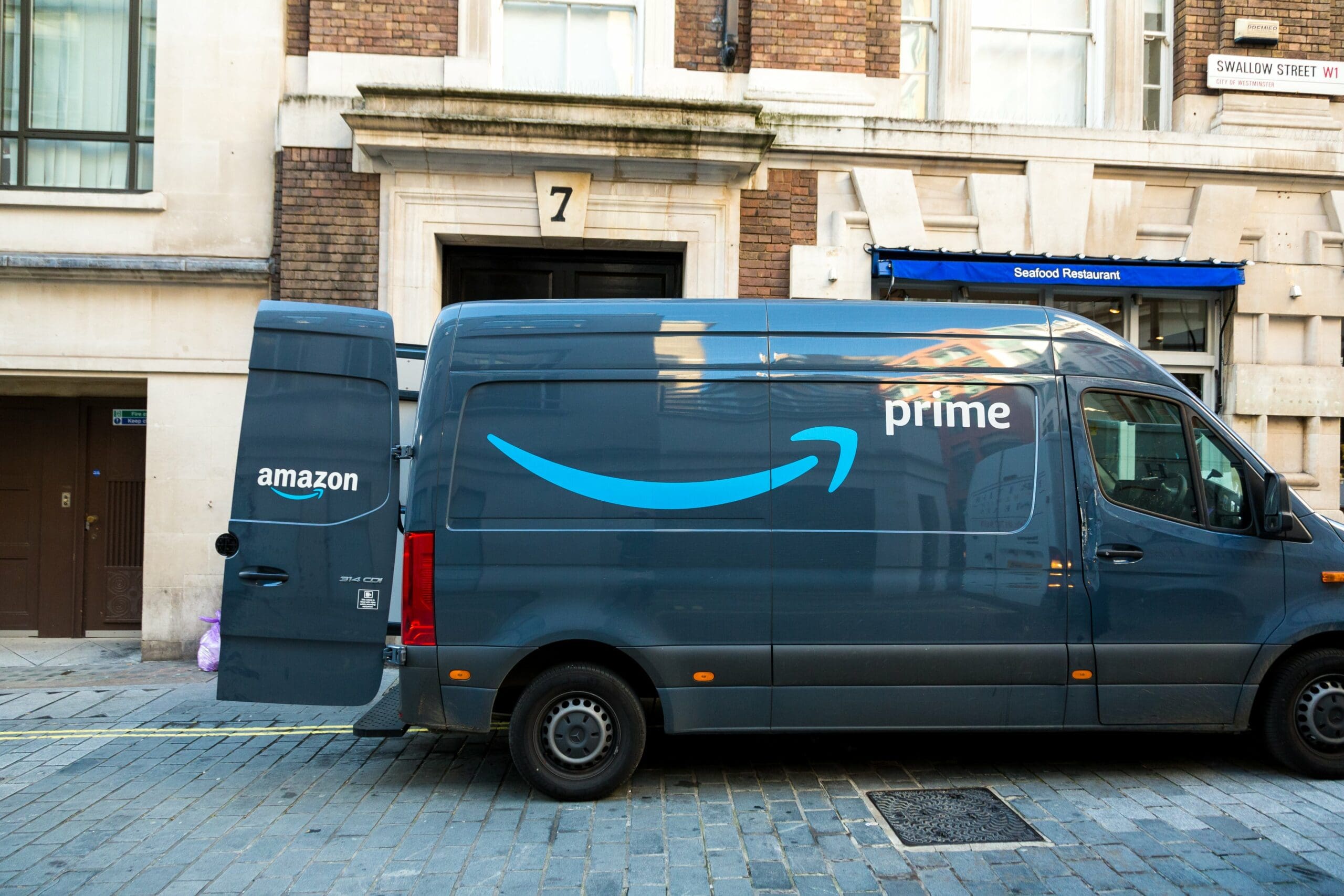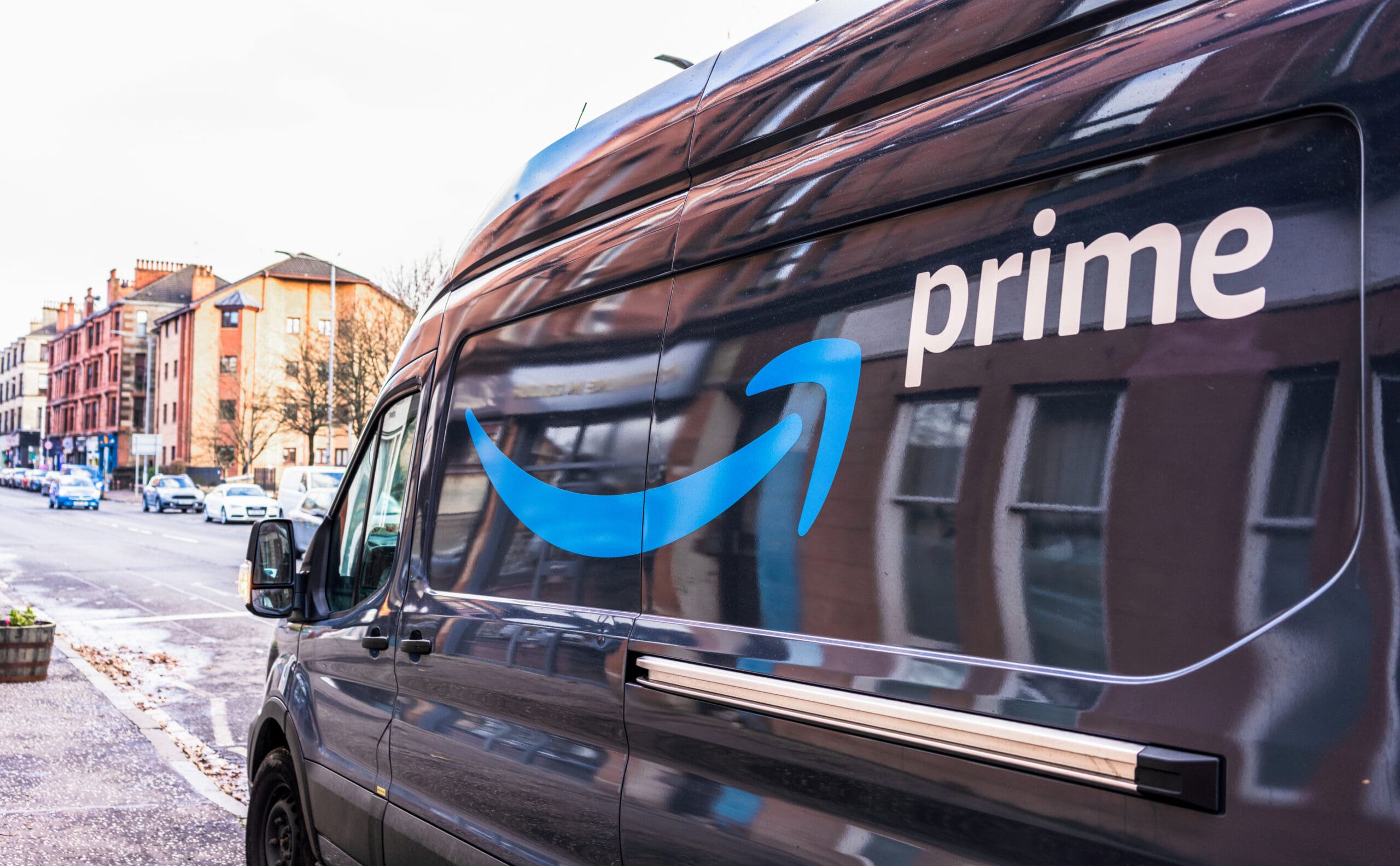Most Amazon sellers use some type of seller loan to finance inventory and other business related expenses. Whether you are a big time seller or smaller seller, there are financing options available. Borrowing large amounts of money may be intimidating for some sellers. However, it’s something most business owners must do in order to run a successful business. If you are in a pinch and need funds quickly, the best thing you can do is slow down. Learning about various financing options can help you make better business decisions.
What are the types of financing options available for FBA sellers?
Amazon sellers have access to a variety of financing options. It’s important to learn about each option and make a list of the ones you qualify for. Once you have your options narrowed down, you can dive a little deeper. Business owners should consider the amount of money they need to borrow, how long they need to repay the money, and other terms that may be important to their success. In some cases, FBA sellers may need to use one or more types of financing options. Let’s take a look at some of the financing options available for FBA sellers. .
Cash funds
Cash funds are usually the cheapest way to purchase inventory and cover business expenses. However, most FBA sellers do not have an endless supply of cash. In addition, most sellers need to hold a substantial amount of inventory in order to generate revenue and profit. For new Amazon sellers using cash funds may help you test the waters and get started. Once you have learned how to be successful in your market you can more confidently use an inventory loan.
Bank Loans
Banks can provide business loans or personal loans that can be used to finance inventory and other expenses. If you use a business loan it will most likely only allow the funds to be used for business purposes. However, if you use a personal loan there are usually no spending restrictions. In most cases, bank loans are term loans with fixed interest rates. This means that you can receive a lump sum of cash that is repaid over a certain term with interest. The interest rate and minimum monthly payment should remain the same during the loan term with a fixed loan. To qualify for a bank loan you’ll most likely need good credit and solid business financials.
Credit Cards
Credit cards can be used to help Amazon sellers finance business expenses. However, compared to other options credit cards usually have higher interest rates and lower loan amounts. In addition, you should be careful using more than 30% of your credit card spending limit. Maxing out credit cards or using more than 30% of the available balance can affect your credit score. Amazon sellers that need to borrow a little bit of money for a very short period of time may benefit from using a credit card. Many credit cards offer attractive rewards. It may make sense to pay for business expenses using a credit card if you can pay the balance off monthly. This way you can avoid paying high interest fees while still taking advantage of the rewards offered.
Amazon Loans
Amazon offers a handful of select well-qualified sellers financing through the marketplace. Rather than having sellers apply for financing, Amazon selects sellers they want to help and notifies them via Seller Central. In most cases, Amazon will post an all or nothing loan offer in the Seller Central. Should you choose to accept the loan offer, Amazon can take interest and repayment directly out of your earnings. Amazon loan amounts can range from $1,000 to $750,000. In addition, Amazon lending does not check credit.
Line of Credit
Amazon sellers can use a business line of credit for funding. A business line of credit is a revolving loan that provides sellers access to a fixed amount of capital. Similar to a credit card, business owners will only be charged interest on the amount of money they use. Most lenders require businesses to have at least 6 months in business and $25,000 in annual revenue to qualify for a business line of credit. In addition, you’ll most likely need to provide collateral and a good credit score for approval.
Kickfurther
Kickfurther can help FBA sellers secure inventory funding. We are the world’s first online inventory financing platform that enables companies to access funds they usually cannot acquire through traditional sources. We connect brands to a community of eager buyers who help fund the inventory on consignment and give brands the flexibility to pay that back as they receive cash from their sales. This alleviates the cash-flow pinch that lenders can cause without customized repayment schedules allowing your brand to scale quickly without impeding your ability to maintain inventory.
Benefits of Inventory Funding for Amazon FBA Sellers
Before selecting an Amazon loan option, you should evaluate the pros and cons as it relates to your actual business model. Business owners should keep in mind that financing may not solve all problems or challenges. Some business owners assume having more money will help their business grow. While this is mostly true, there’s no guarantee. If you are trying to solve a company problem you should pinpoint the source of the problem in order to come up with the appropriate solution. For example, if inventory is low and you need cash to buy more you should use an inventory loan. However, if cash is low because your spending is out of control in other areas, you may need to adjust your financials before concluding that a loan will solve your problem. In most cases, inventory funding for Amazon FBA sellers can provide the following benefits. . .
- Increase revenue
- Attract more customers
- Improve customer retention
- Expand customer selection
- Smoother daily operations
- Avoid running out of inventory
- Deliver better customer service
- Competitive advantage
Requirements for obtaining a loan when selling on Amazon
If you are a new seller you may be struggling to find financing that you qualify for. Most lenders prefer Amazon sellers to have at least one year in business and $50,000 in annual revenue. If you use a secured loan or business line of credit, the requirements may be less strict. Kickfurther requires businesses to have at least one year under their belt with proven sales. Some additional requirements to qualify with Kickfurther include. . .
- Proven sales
- Physical products for sale
- Sales history
- Revenue documentation
- Fair to good credit
- Legal business entity
- Sound supply chain
- Reputable business history
How does Kickfurther help Amazon FBA third-party sellers secure financing?
Kickfurther specializes in helping e-commerce companies that sell physical products secure inventory financing. Rather than giving up equity in your company for funding, sellers can give backers the chance to purchase inventory on consignment. Kickfurther gives business owners the freedom to create repayment terms based on their projected cash flow. The combination of flexibility and low cost financing is enough to convince most Amazon sellers to try Kickfurther. Amazon FBA third-party sellers can apply for financing through Kickfurther using these 4 easy steps. . .
#1. Create your online account
#2. Get funded within minutes to hours
#3. Customize your payment schedule
#4. Complete and repeat
Key Takeaway
In conclusion, Amazon FBA sellers can secure affordable inventory financing at Kickfurther. As an entrepreneur and Amazon FBA seller, you probably have a lot in common with our founder. Kickfurther was created with the intention to help small businesses and large businesses obtain inventory financing that is affordable. After hopelessly searching for an inventory financing solution that was efficient and cost effective, Sean Clercq founded Kickfurther in 2015. Kickfurther has funded over 800 deals with a 99.5% success rate. Kickfurther uses an effective vetting process that is designed to ensure companies will be successful using their platform.

